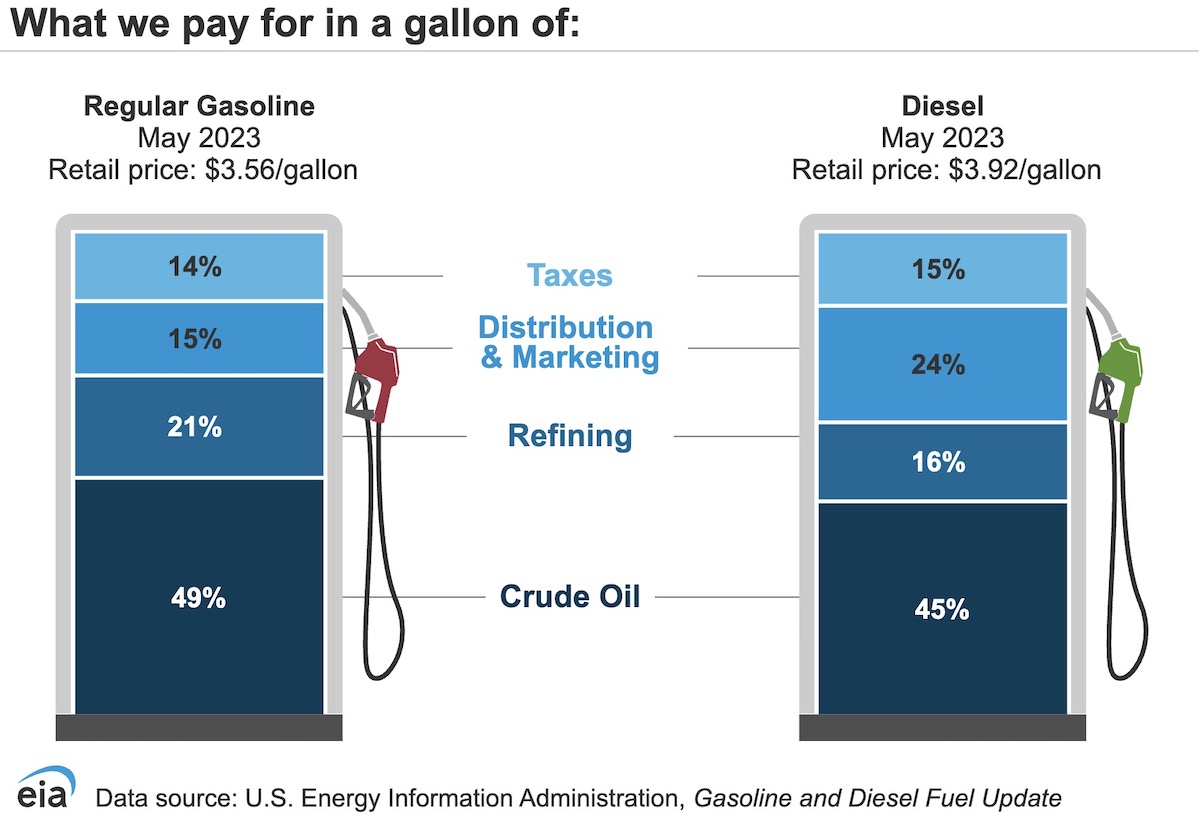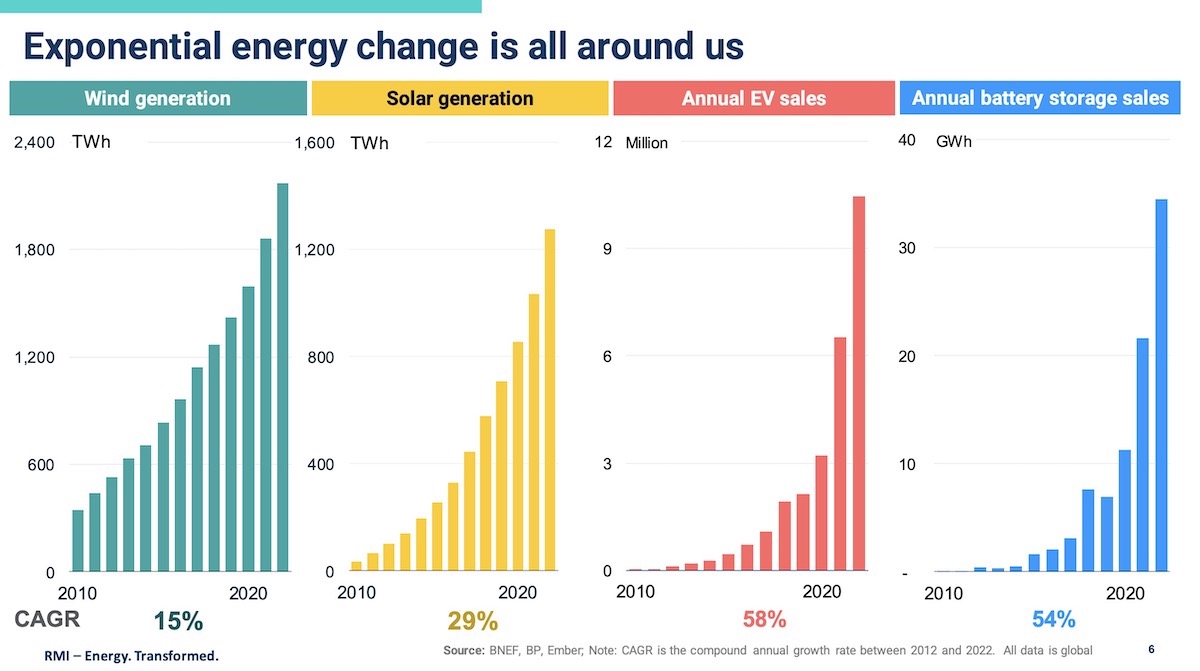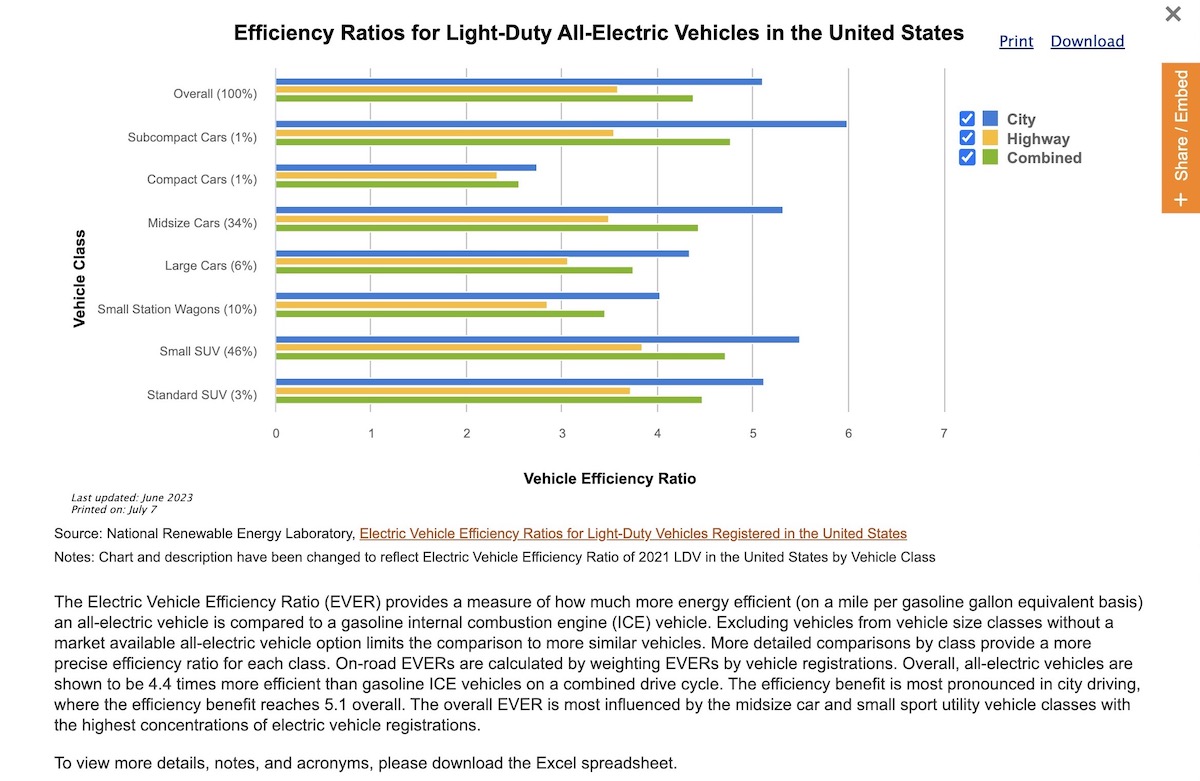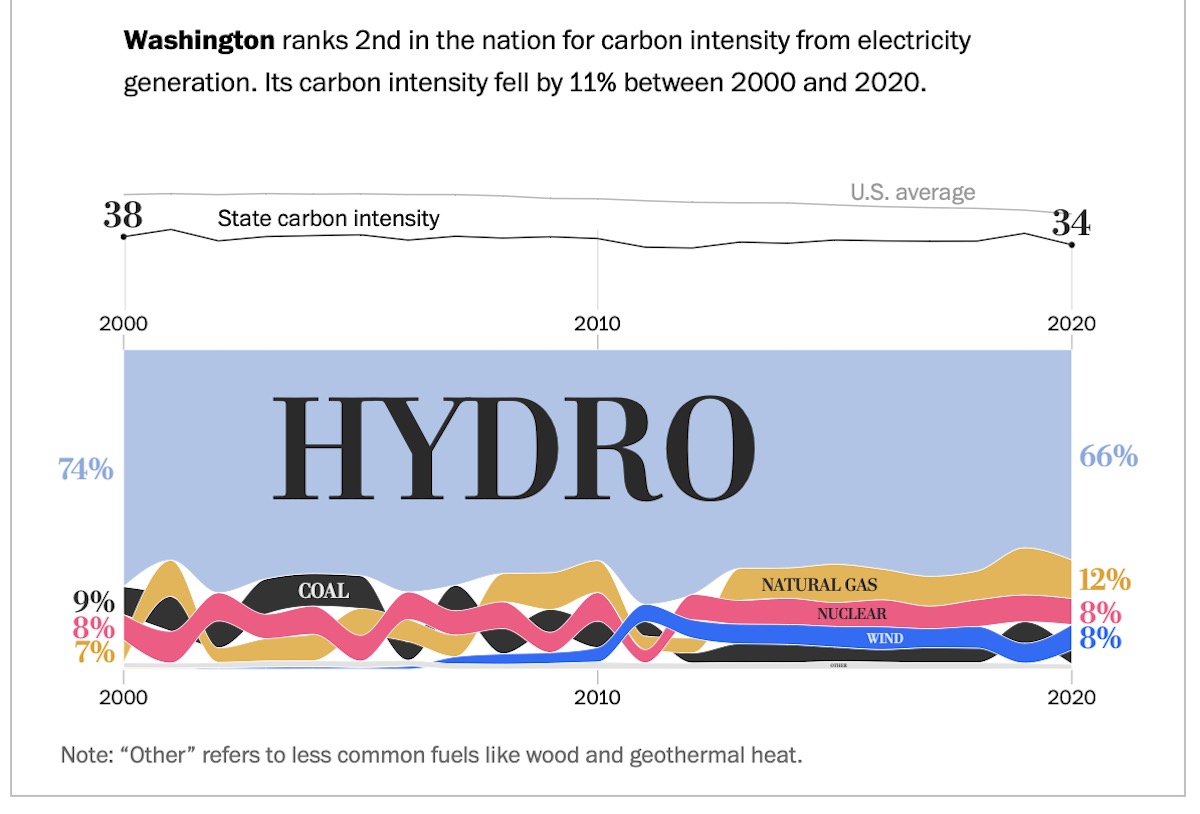Celebrating energy independence
This week, as we think about freedom and independence, we can celebrate the progress we’re making in Washington state toward energy independence and freedom from fossil fuels.
We can all agree that we spend too much money putting gas in our cars and trucks. We collectively spend over $9.0 billion per year, and of that, about half* goes out-of-state, much of it pumping up the record profits of crude oil companies.
Though Washington state is a major refiner of petroleum products, every drop of gasoline that we pump into our cars originates from out of state. We have home-grown wind, hydro, biomass, and solar power, but no oil wells. Why does that matter?
Keeping dollars in-state is good for our economy. Especially when those dollars drive innovation that makes our businesses more efficient and globally competitive.
Gas prices will always be too high and unpredictably volatile. And they’ll always be reacting to market and geopolitical forces that are beyond our control. Conversely, electricity prices are reliably steady, and increasingly our electricity comes from locally-generated zero-emissions resources.
Powering vehicles with electricity is far more efficient than with gasoline. Over 4 times more efficient! EVs convert over 77% of the electrical energy from the grid to power at the wheels. Conventional gasoline vehicles only convert about 12%–30% of the energy stored in gasoline to power at the wheels.
Washington’s electrical grid is clean and getting cleaner. With abundant hydro, wind, solar, and biomass, our state is better positioned than most others to derive the double-benefits of green electric energy that is both more efficient, and cleaner. We rank second only to Vermont in the ranking of states that make the cleanest power.
Though classic cars will always have a place in our Fourth of July parades, more of us will power our summer travels with efficient EVs in the years to come. The questions yet to be answered include, “How fast can we get our state to that fossil-free future?” and “What will we do with the money we save by electrifying our transportation?”
* Crude oil is the main ingredient in gasoline and diesel, so pump prices are impacted by crude prices on the global markets. On average, about 49% of what we pay for in a gallon of gasoline is for the price of crude oil, 21% is refining, 15% distribution and marketing, and 14% are taxes, according to the U.S. Energy Information Administration.





